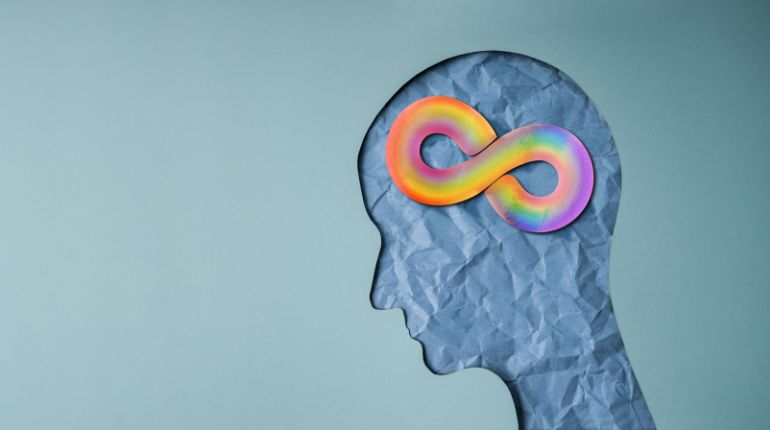Autism Spectrum Disorder
Autism Spectrum Disorder (ASD) is a developmental condition that affects how individuals communicate, interact socially, and respond to their environment. It is called a “spectrum” because it presents differently in each person. Some individuals may have mild challenges, while others may have more significant difficulties in daily life. Common signs include limited eye contact, delayed speech, difficulty understanding social cues, repetitive behaviors, and strong reactions to sounds, lights, or textures.
ASD typically appears in early childhood, often before the age of three, and continues throughout a person’s life. While the exact cause is not fully understood, research suggests that genetic and environmental factors may play a role.
Early identification and intervention are crucial. Therapies such as speech therapy, occupational therapy, behavioral interventions, and educational support can help children with ASD develop essential skills and improve communication and independence. It’s also important for families and schools to provide a supportive, understanding environment.
- Autism is not an illness that needs to be “cured”—it is a different way of experiencing the world. With the right support, individuals with ASD can thrive, build relationships, and lead fulfilling lives. Awareness, acceptance, and inclusion are key to supporting those on the autism spectrum.
